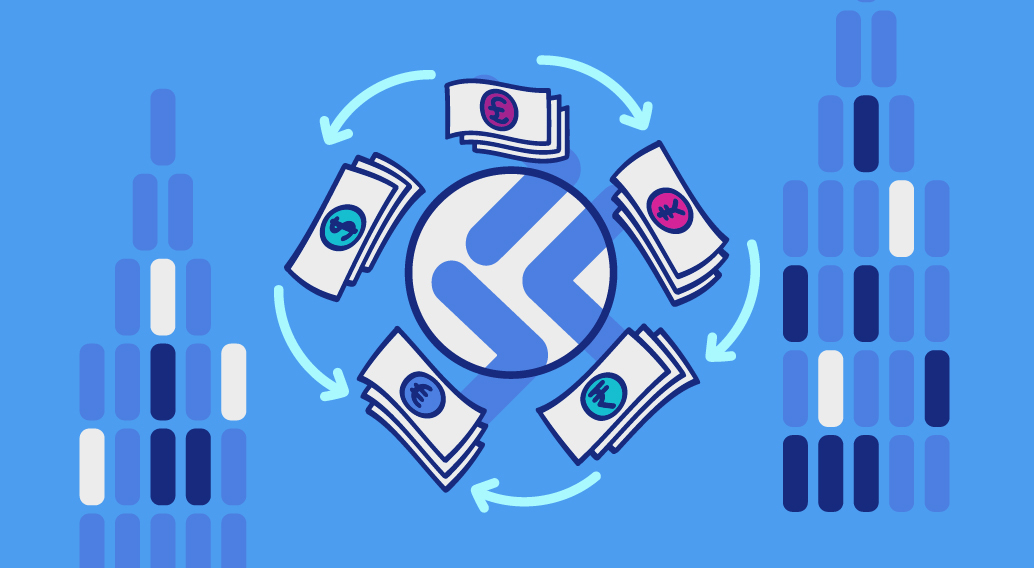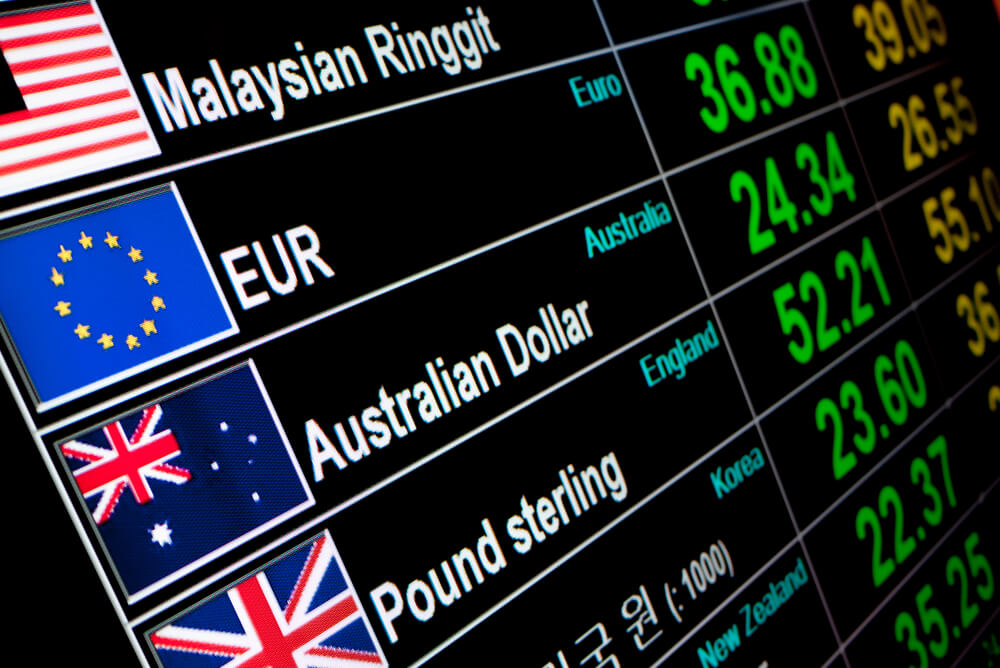Currency Exchange Tips and Tricks for students
Tips and Advice
Student Finance
2 mins read
Share

Updated at: 16 December, 2024
Published at: 18 January, 2019
By Casita Team
Currency Exchange Tips and Tricks for students
Tips and Advice
Student Finance
2 mins read

Updated at: 16 December, 2024
Published at: 18 January, 2019
By Casita Team
Share
Exchanging your local currency where you study is a critical matter, especially if you find reading and rates calculations a little challenging. Still, as an international student, you have to be prepared while travelling. Read on to find out the best currency exchange tips and tricks.
1. Exchange Money at Your Local Bank Before Leaving
One of the best currency exchange tips is to exchange money before leaving. Contact your local bank before travelling and find out the foreign currency exchange rates. Local banks fees are a lot less than international banks, so use that save some money!
2. Avoid Currency Exchange Kiosks at Tourist Sites
Avoid exchanging money in city centre Kiosks near attractions and landmarks as they use high service fees and unattractive exchange rates. Instead, look for some banks with lower rates or, sometimes opening a student bank account can help you reduce currency exchange rates, so explore these possibilities as well.
3. Watch Out for Foreign Transaction Fees
Withdrawing cash at a ATM will make you pay excessive foreign-transaction charges. Instead, use your Credit Card for large purchases and Debit Card for cash withdrawals. Be sure you know the international fees you will be charged when using any of them.
4. Calculate Withdrawal Fees and Limits
Withdrawing money from an ATM is usually free if the ATM is the same as your bank. However, when the ATM belongs to another bank, you must pay a withdrawal fee. To avoid these unnecessary fees, try to withdraw enough cash whenever you see an ATM available. As for the limits, most banks have daily withdrawal limits that you can’t exceed, make sure you know it beforehand.

5. Find out the Total Cost
Look at the total cost, not just the rate. XE is one of the best websites for calculating exchange rates and total costs. Avoid paying high fees and commission rates by checking exchange rates online and calculating the total cost via a currency conversion App.
Finally, don’t forget that you have to get familiar with the currency of your destination country. For example, Australia and the UK are some of the top student destinations in the world. If you are not familiar with their currencies, you will feel lost wherever you go.
Generally, The British Pound (GBP - £) is the UK’s local currency, and it is made up of 100 pence (p). It is referred to also by Sterling or Sterling Pound. They are often called Quids in slang, and pee is the slang for pence. The coins are 1p, 2p, 5p, 10p, 20p, 50p, £1 and £2. Notes come in £5, £10, £20 and £50.
On the other hand, the Australian Dollar (AUD - AU$) is Australia’s national currency, and its coins are 5, 10, 20 and 50 cents and one and two-dollar coins. The notes are AU$5, AU$10, AU$20, AU$50 and AU$100. Keep in mind that some international banks use the dollar sign for the Australian Dollar without the AU, so when in doubt, ask.
Tips and Advice
Student Finance
By Casita Team
Share
Tips and Advice
Student Finance
Updated at:
Published at:
By Casita Team
Share

